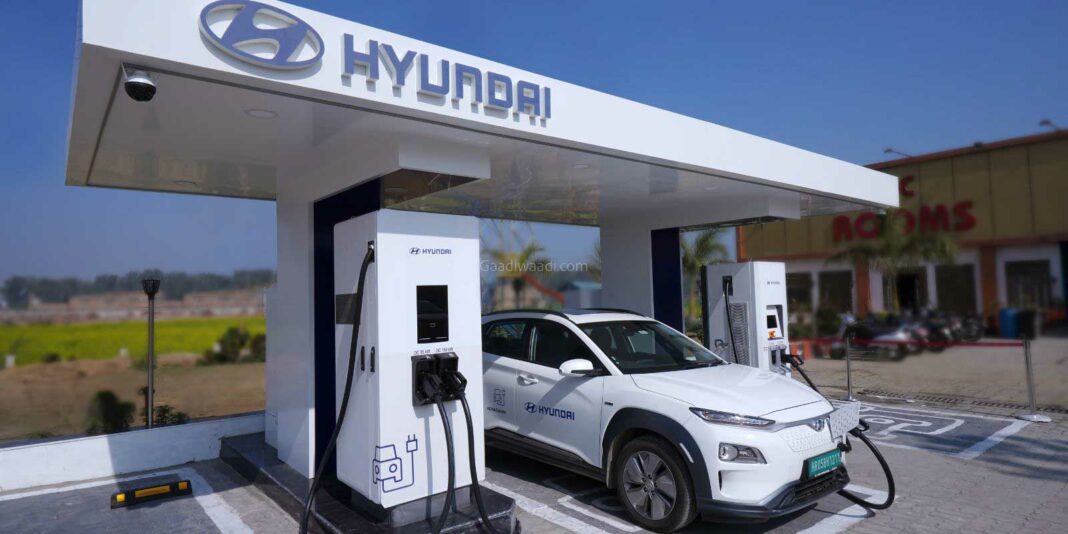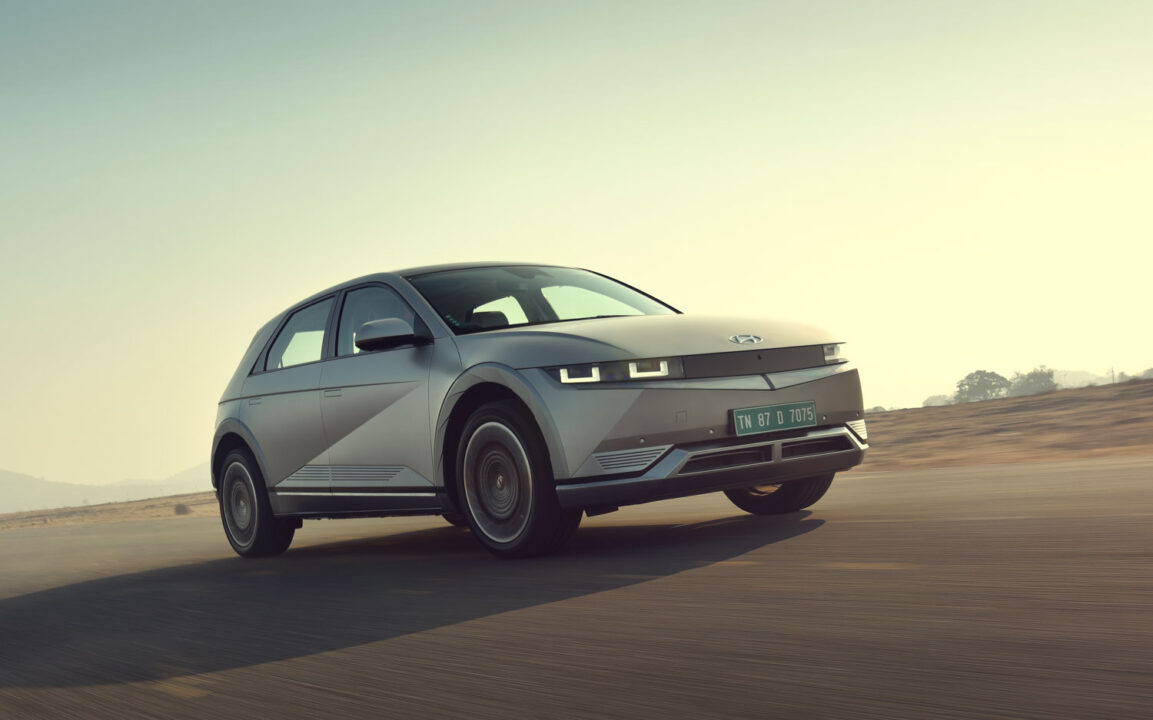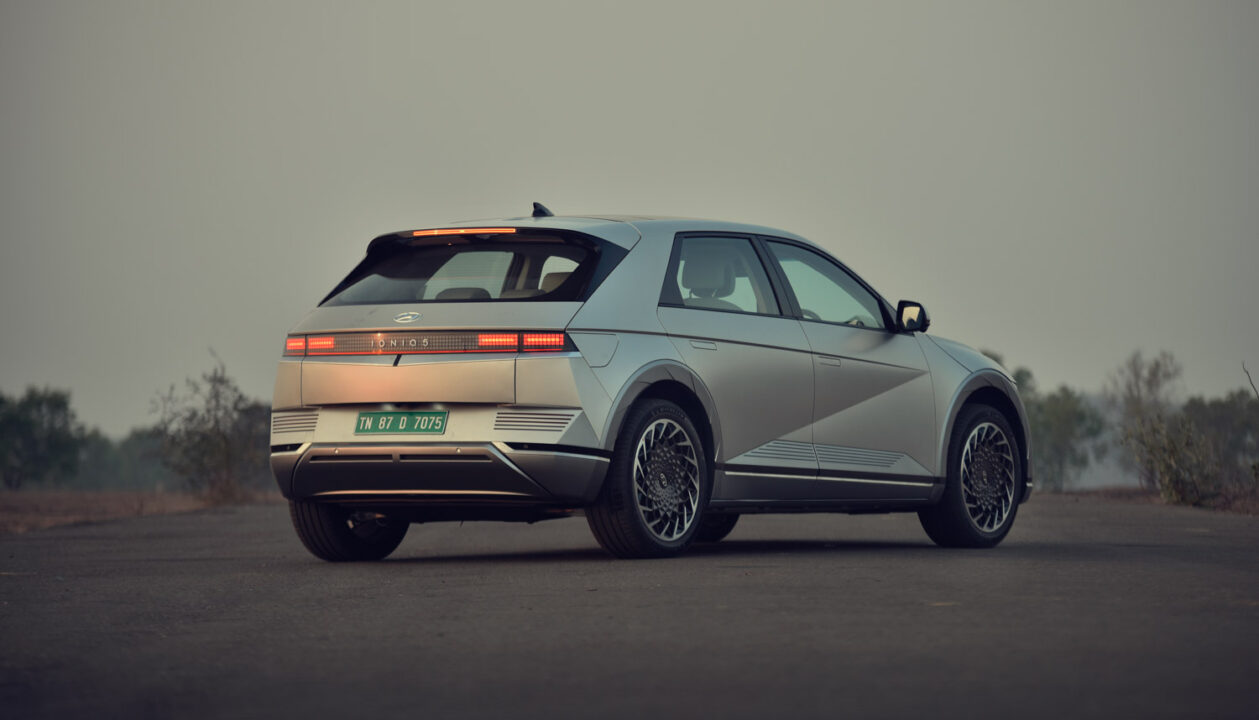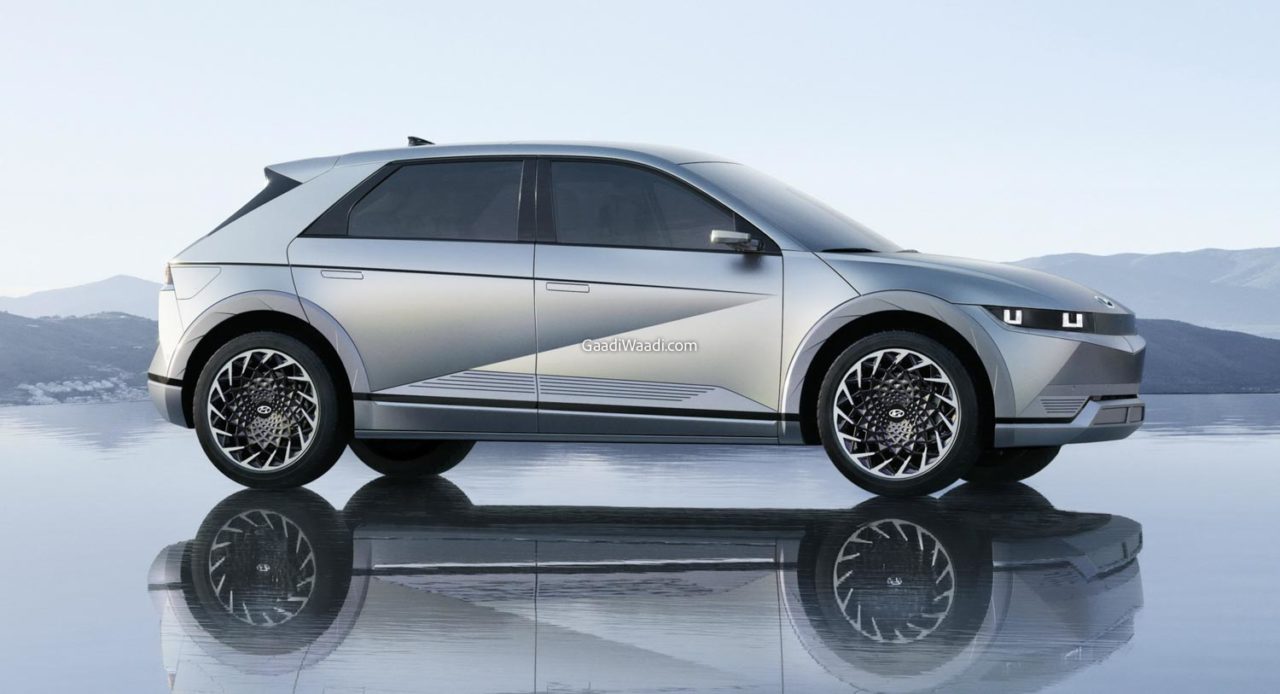
The extended Hyundai ultra-fast public charging network is now accessible in six key cities and five major highway locations across India
Hyundai Motor India Limited (HMIL) has today announced that it has widened its Ultra-High-Speed Public EV charging network through main highways and cities in India. The South Korean automotive giant has extended this network to encompass a total of eleven ultra-fast charging stations. Each station is equipped with three charging points, consisting of one unit each with DC capacities of 150 kW, 60 kW, and 30 kW.
This initiative reflects Hyundai’s commitment to leading the charge in electric vehicle adoption in India. By expanding the Ultra-High-Speed Public EV charging network, Hyundai aims to alleviate range anxiety for drivers, facilitating both intercity and intracity travel with greater ease and confidence. Speaking on the new milestone, Jae Wan Ryu, Executive Director, Corporate Planning, Hyundai Motor India Ltd., said,
“At Hyundai Motor India Ltd., we have always strived to create new benchmarks and lead the industry by example. Aligned with our global vision of ‘Progress for Humanity’, Hyundai is always working towards the fulfilment of all its customer needs. In line with Government of India’s focus towards creating a holistic electric vehicle ecosystem, Hyundai Motor India Ltd. is committed to enhance customer’s EV ownership experience.”
Expanding the Ultra-Fast charging stations to eleven locations signifies a significant stride in its commitment to advancing electric vehicle infrastructure. Hyundai stands as the sole OEM in the country to establish such stations in public areas and it further bolsters its commitment, which is in line with the Indian Government’s vision for electrification.
Hyundai is set to broaden its Ultra-Fast charging station network to encompass 10 or more new locations in 2024. These sites will be strategically distributed across India, demonstrating Hyundai’s dedication to enhancing the overall electric vehicle (EV) experience for users, whether they own a Hyundai vehicle or not. Furthermore, it has outlined plans to install 100 charging stations by 2027, in accordance with the agreement reached with the Government of Tamil Nadu during the Global Investor Meet held in January 2024.
The extended public charging network of Ultra-Fast chargers is now accessible in six key cities: Mumbai, Pune, Ahmedabad, Hyderabad, Gurugram, and Bangalore, as well as at five major highway locations: Delhi-Chandigarh, Delhi-Jaipur, Hyderabad-Vijayawada, Mumbai-Surat, and Mumbai-Nashik. These chargers are operational 24×7 for the convenience of customers and are open to both Hyundai and non-Hyundai customers.
To elevate the customer experience, these charging stations will be staffed by dedicated personnel and will feature multiple customer amenities nearby, such as coffee shops and restaurants. These facilities are intended to cater to customers’ needs while their vehicles are being charged, ensuring a convenient and enjoyable experience.
The Ultra-Fast DC chargers offer customers a quick charging experience, particularly beneficial for Hyundai Ioniq 5 owners who can charge their vehicles from 10 per cent to 80 per cent in just 21 minutes. These charging sessions can be booked at attractive prices: Rs. 18 per unit for the 30 kW charger, Rs. 21 per unit for the 60 kW charger, and Rs. 24 per unit for the 150 kW charger.
Hyundai’s myHyundai app provides a seamless experience for EV users, offering a comprehensive suite of features tailored to their needs. Beyond just locating charging stations, users can explore a range of functionalities such as pre-booking charging slots, navigating to chargers, monitoring charging status in real-time, and making digital payments – all within a single platform. Moreover, the app’s inclusivity extends to both Hyundai and non-Hyundai EV users.



